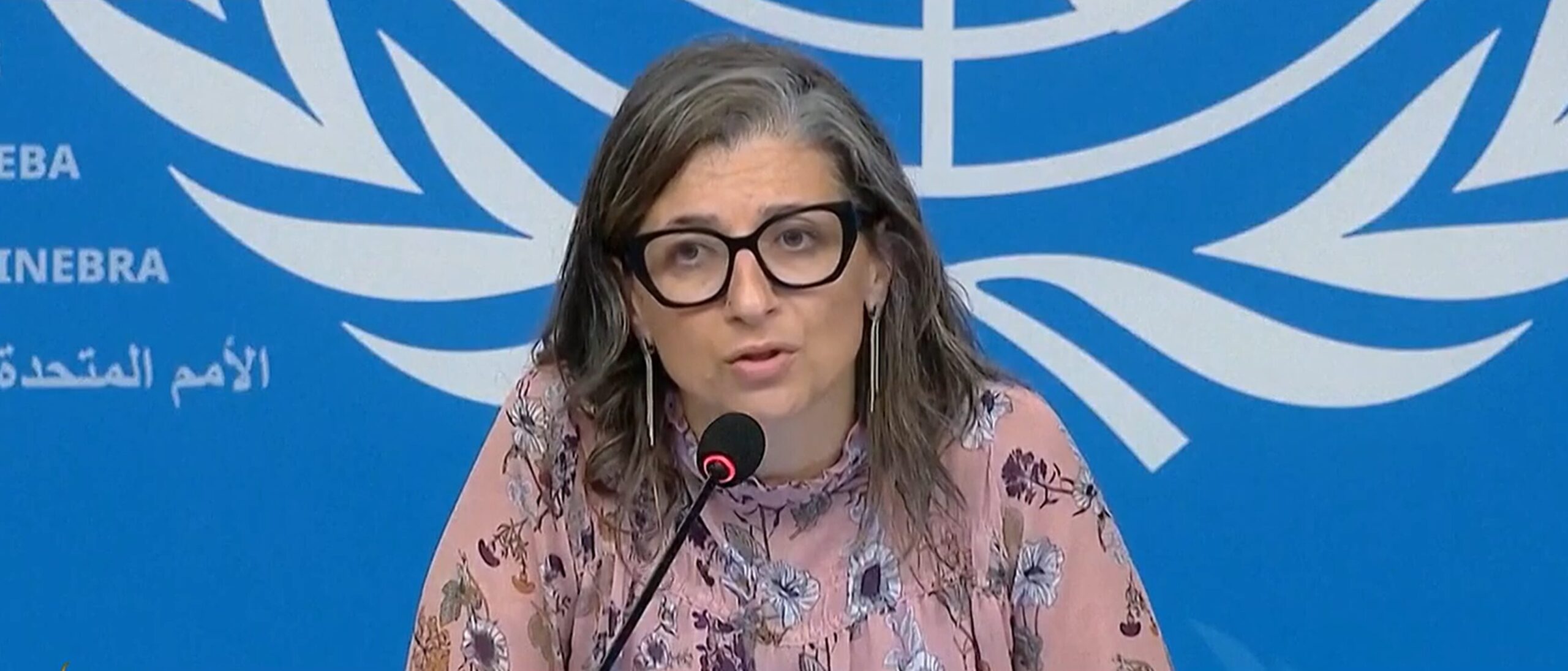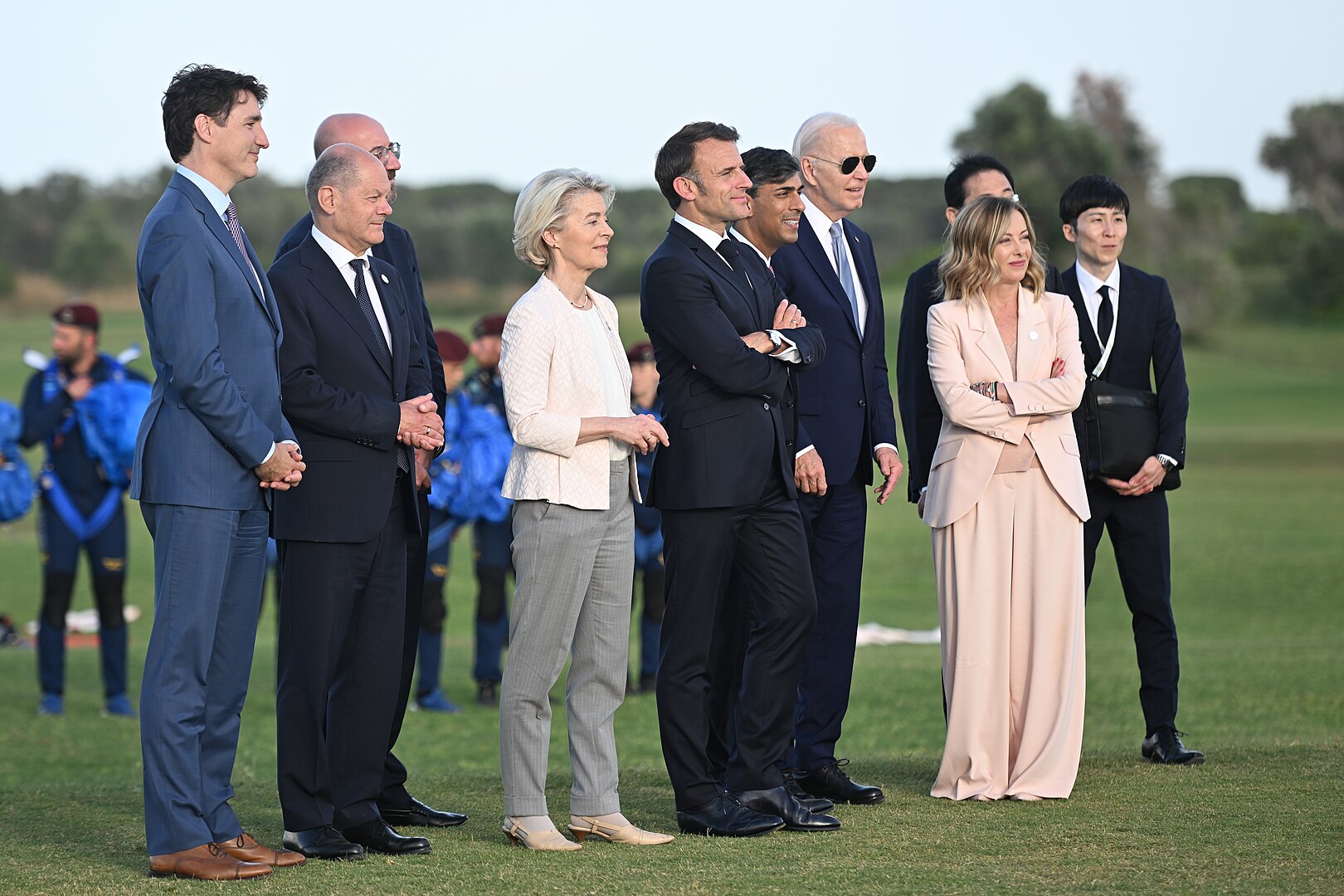PICTURED: Revoked oil palm plantation permits total 1.7 million hectares.
On January 6th, Indonesian President Joko Widodo announced that a large ledger of permits for mining, logging, and agriculture on Indonesian rainforests would be revoked, sparing an area larger than Belgium from development.
Cautiously optimistic conservationists hope he will turn much of the land over to local or indigenous ownership so the biodiverse jungle can be preserved, but so far it’s not clear if that’s the administration’s goal.
“All of these remaining natural forests have to be protected,” Executive Director of environmental NGO Auriga Nusantara, Timer Manurung told Mongabay. “If they’re given new permits, then it’s going to be same old same old. For deforested areas, the government needs to check to see which ones can be restored. If they can be restored, then do it”.
Just 1% of the nation’s population control 50% of the land spanning Indonesia’s 17,000 islands. Described by Mongabay as a “long overdue spring cleaning” of land development permits, which include 192 forest ministry permits, more than 2,000 mines and energy ministry permits, and 26 ag ministry permits, the cancellations are estimated to place 2.4 million hectares of rainforest in ownership limbo through the forest ministry permits alone, and four million hectares in total, offering a remarkable opportunity to claw back rainforest in a country that during the oil palm boom of the 90s and 2000s was losing that kind of acreage every year.
The statement from the Widodo government was that “we have to uphold the constitutional mandate that says the land, the water and the natural resources within them are controlled by the state and to be used as much as possible for the people’s welfare,” and individual statements from cabinet members suggest that most will constitute concessions to indigenous people as part of an existing land and agrarian reform policy, as well as net zero emissions commitments.
However other statements directly contrast those claims, with Ruandha Agung Sugardiman, the environment ministry’s director-general of forest planning, stating on television that the permits were cancelled due to the investors and companies not actually using them, and not for preservation concerns.
“That’s why we revoked them first and then we’ll give them to investors who are truly serious in cultivating those lands,” he said on CNBC Indonesia adding the goal was to make it “easier for new investments to come in. And of course these investments will increase the productivity of lands and improve the welfare of more people”.
According to the minister, now that the permits have been revoked, the strategy going forward is primarily aimed at social forestry and community-based agrarian reforms while also seeking to invite the participation of reputable and accomplished investors to help strengthen collaborations with communities.
“I don’t believe it, because there have been too many instances where the government only makes [empty] promises,” said Manurung. “The progress of the agrarian reform program is not clear, whereas the social forestry’s goal of distributing 12.7 million hectares [31.4 million acres of forest areas] is far from being achieved”.


